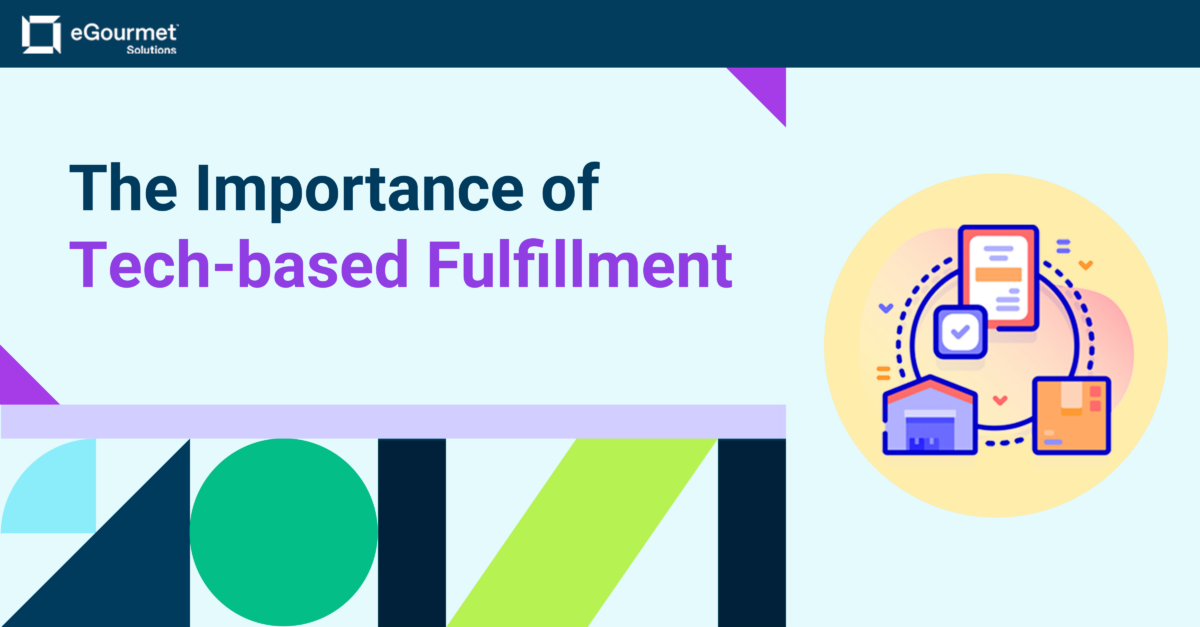
In an era where the demand for frozen food products is skyrocketing, the significance of efficient fulfillment cannot be overstated. For small food producers and entrepreneurs within the food industry, understanding and implementing optimized logistics is pivotal to navigating the complexities of the market while ensuring profitability and sustainability.
Importance of Optimized Logistics
Optimized logistics serve as the backbone of successful operations within frozen food markets. By reducing overhead costs and enhancing operational efficiency, businesses can significantly increase their profit margins. This is particularly impactful for niche food brands and healthcare meal providers, where the specificity of the product often requires more intricate handling and distribution strategies. Streamlining these processes not only reduces waste but also improves customer satisfaction by guaranteeing timely and accurate deliveries.
Key Components of Efficient Fulfillment
Efficient fulfillment is built upon several foundational elements, each contributing to a seamless flow from production to delivery. Inventory management is crucial; having real-time data on stock levels prevents overproduction and waste, ensuring that the supply chain is responsive to demand fluctuations. Order processing must be swift and error-free, with systems in place to handle orders across multiple channels without delay. Lastly, delivery logistics need to be optimized to reduce transit times and costs, utilizing route planning software and strategic warehouse locations to reach customers efficiently.
Cost-Effectiveness Analysis
Investing in optimized fulfillment operations offers substantial economic advantages. Reductions in waste and improvements in delivery efficiency directly impact the bottom line. Furthermore, the ability to scale operations in response to market demands without proportionate increases in costs allows businesses to grow sustainably. An analysis by McKinsey & Company highlights that companies focusing on supply chain optimization can expect a 15-20% reduction in total logistics costs.
Future Trends and Innovations
The future of fulfillment in frozen food markets is poised for transformation, with emerging technologies and trends set to redefine logistics. Innovations such as drone delivery, autonomous vehicles, and blockchain for supply chain transparency are on the horizon. Additionally, AI and machine learning are becoming integral in forecasting demand, managing inventory, and optimizing delivery routes, further enhancing efficiency and reducing costs.
For small food producers and entrepreneurs, the path to success in frozen food markets lies in the adoption of efficient fulfillment strategies. By focusing on optimized logistics, businesses can achieve an average cost reduction of 20%, improve profitability by up to 15%, and maintain a competitive edge. The same studies show that companies who embrace technology in their logistics see a 25% increase in customer satisfaction. The integration of future technologies and innovations will continue to evolve the landscape, making now the opportune time to invest in the systems and processes that will define the new standard in food market fulfillment.
By partnering with eGourmet Solutions, you can reap all the benefits of revolutionary tech-based fulfillment without the hassle with our new proprietary, cloud-based order management and warehouse management system, FROST. With real-time inventory tracking, streamlined order processing, and advanced delivery logistics, FROST boosts efficiency, reduces costs by up to 30%, and increases customer satisfaction. Stay ahead with continuous tech advancements. Transform your fulfillment strategy with FROST and set new success standards in your market.